Do you have a thyroid problem? Do your eyes feel dry or gritty? Dry eyes are in fact one of the symptoms of thyroid disorders.
What is the thyroid?
The thyroid is a gland in the neck that is essential for your metabolism to work properly. It produces two hormones: triiodothyronine (T3) and thyroxine (T4), which control the hormone balance within the body. If this balance is disrupted, the entire metabolism is affected.
There are several thyroid diseases, including:
- Hyperthyroidism: excessive hormone production
- Hypothyroidism: insufficient hormone production
Is there a link between the thyroid and dry eyes?
Dry eye is one of the symptoms of thyroid disorder.
Hypothyroidism and dry eye disease
In hypothyroidism, the thyroid gland does not produce enough hormones. Tear production is reduced. Don’t forget that tears help to protect, moisten, lubricate and even clean the eyes. If insufficient tears are produced, the eyes will become dry and symptoms of dry eye may appear.
Hyperthyroidism and dry eye disease
Hyperthyroidism is a disease caused by an overproduction of hormones. Unlike hypothyroidism, hyperthyroidism manifests as an acceleration of the majority of body functions.
Hyperthyroidism can, for example, cause an eye disease known as thyroid ophthalmopathy or ophthalmic Graves’ disease.
What is thyroid ophthalmopathy?
Thyroid ophthalmopathy, or ophthalmic Graves’ disease, is an autoimmune disease that is usually related to hyperthyroidism but can also affect people with hypothyroidism.
The eyes either do not produce enough tears or become too watery, making dry eye one of the symptoms of this disease.
Another symptom of this disease is swelling of the muscles and tissues behind the eyeball. The eyes are therefore pushed forward, preventing the eyelids from blinking completely. Blinking plays a fundamental role in keeping the eyes hydrated and therefore in limiting dry eye.
A few tips for limiting dry eye
- The use of artificial tears in the form of eye drops is recommended. This will help keep your eyes hydrated, to compensate for the lack of natural tears.
- Daily eyelid hygiene is important. The first step is to remove make-up using micellar water suitable for sensitive eyes. For the second step, you will need to warm your eyelids using a warm mask or warm compresses. This step needs to be performed for 10–15 minutes. The aim is to liquefy the poor quality meibum (tear oil). You can then blink fully under the mask (3 or 5 times) to remove this poor quality meibum. Finally, clean the edges of your eyelids with dry eye wipes.
- Try to protect your eyes from external factors. Wind, sun and smoke are all causes of dry eye.
- Make sure you blink fully and regularly. This will help to spread the tear film properly and so keep your eyes hydrated. You should be blinking around 15 times per minute. This equates to approximately one blink every four seconds. You can do blinking exercises to get you into the habit: click here to see our tutorial.
- Make sure you drink plenty of water! A well-hydrated body is a healthy body; the same goes for the eyes. If your body is well hydrated, your eyes will be too. The recommended amount is 1.5 to 2 litres of water per day.
IF YOU ARE SUFFERING FROM DRY EYE ISSUES, PLEASE SEE AN OPHTHALMOLOGIST.





